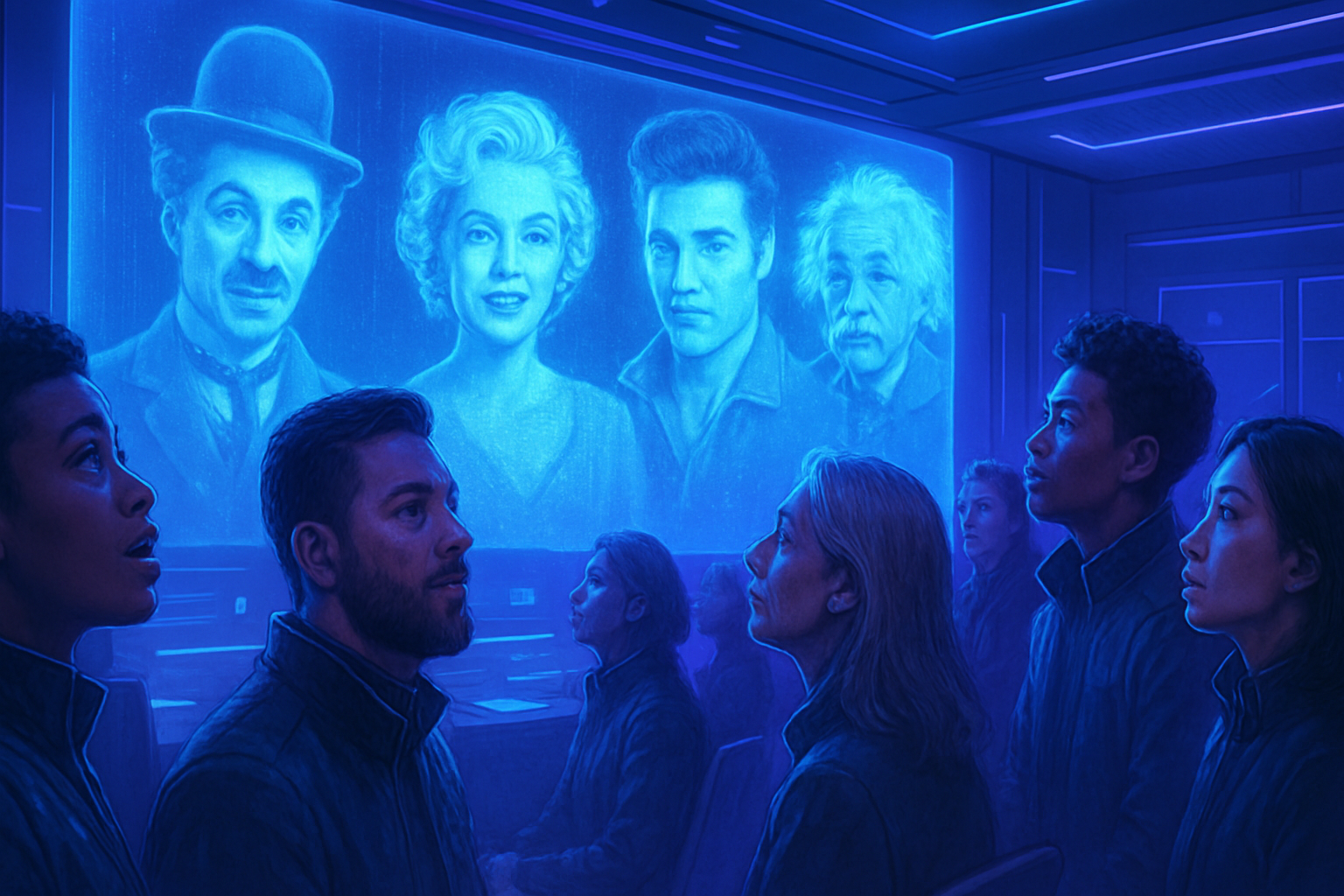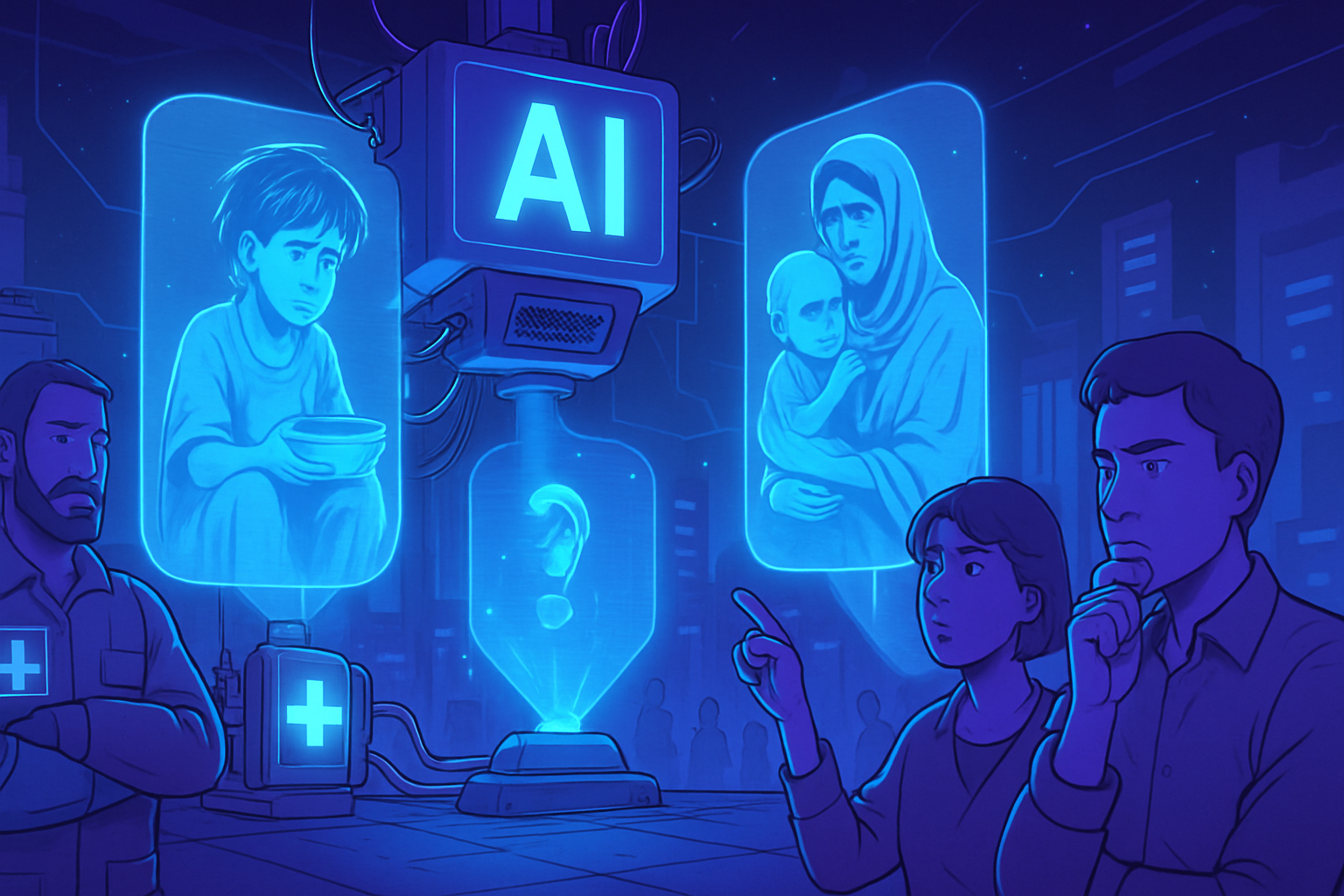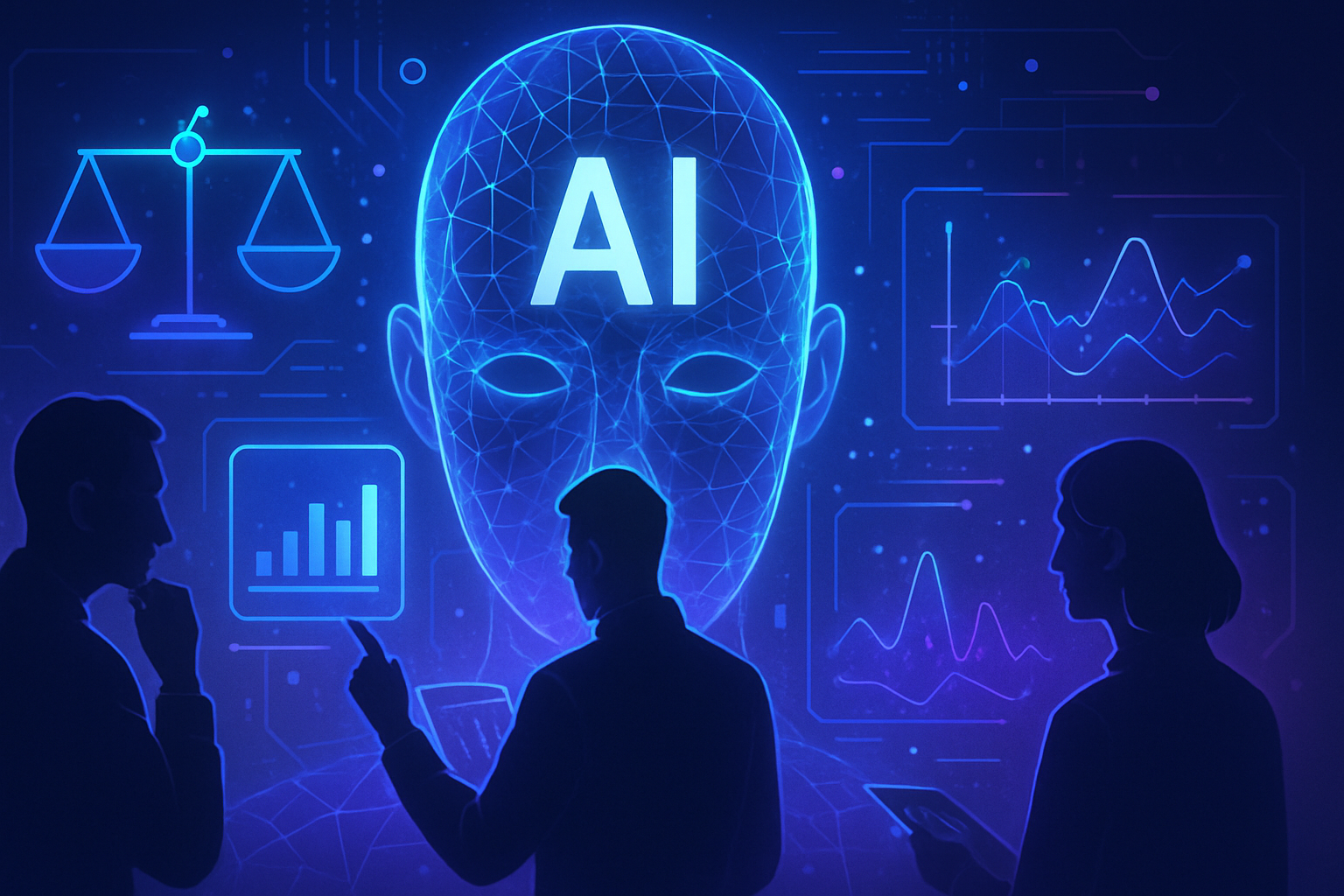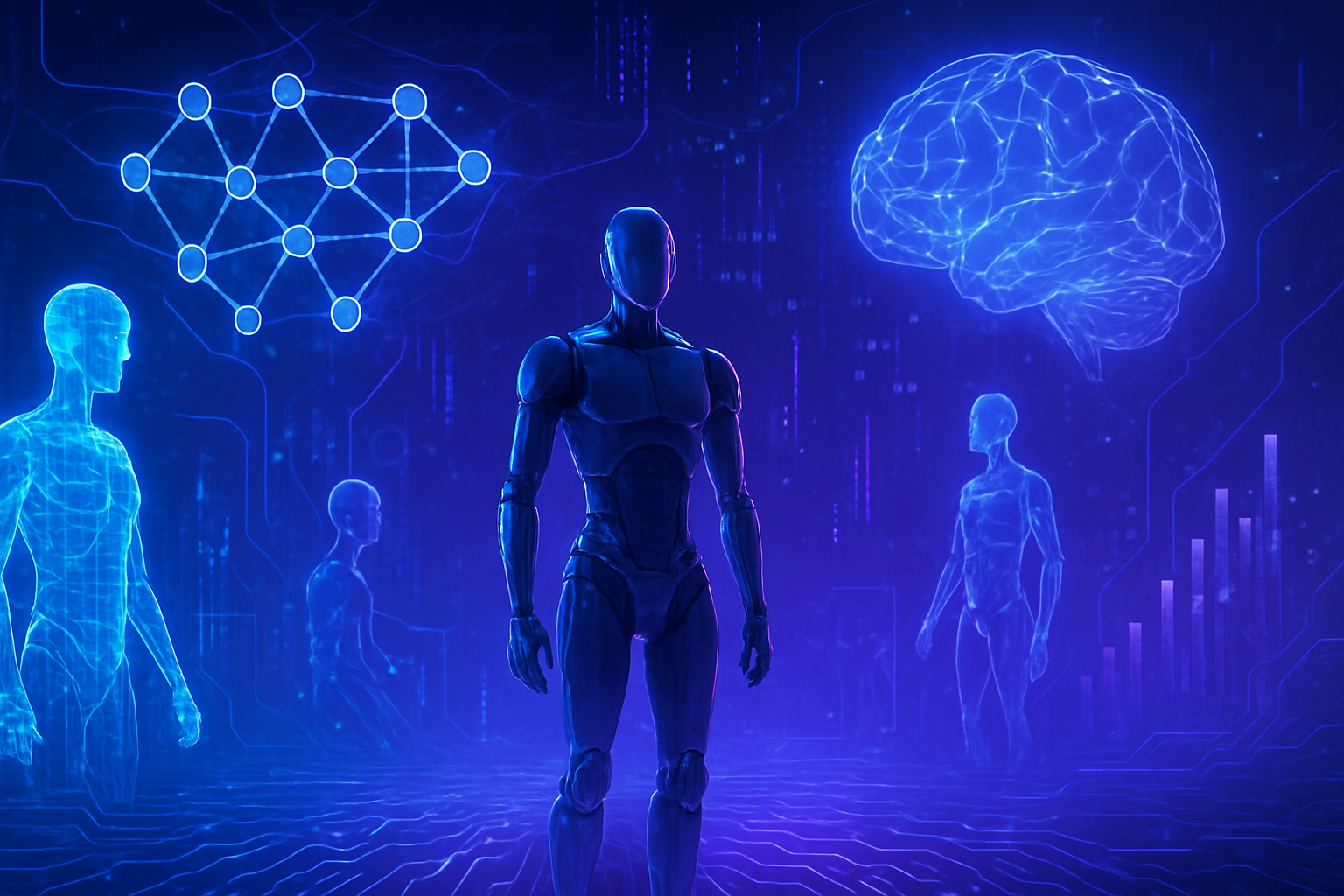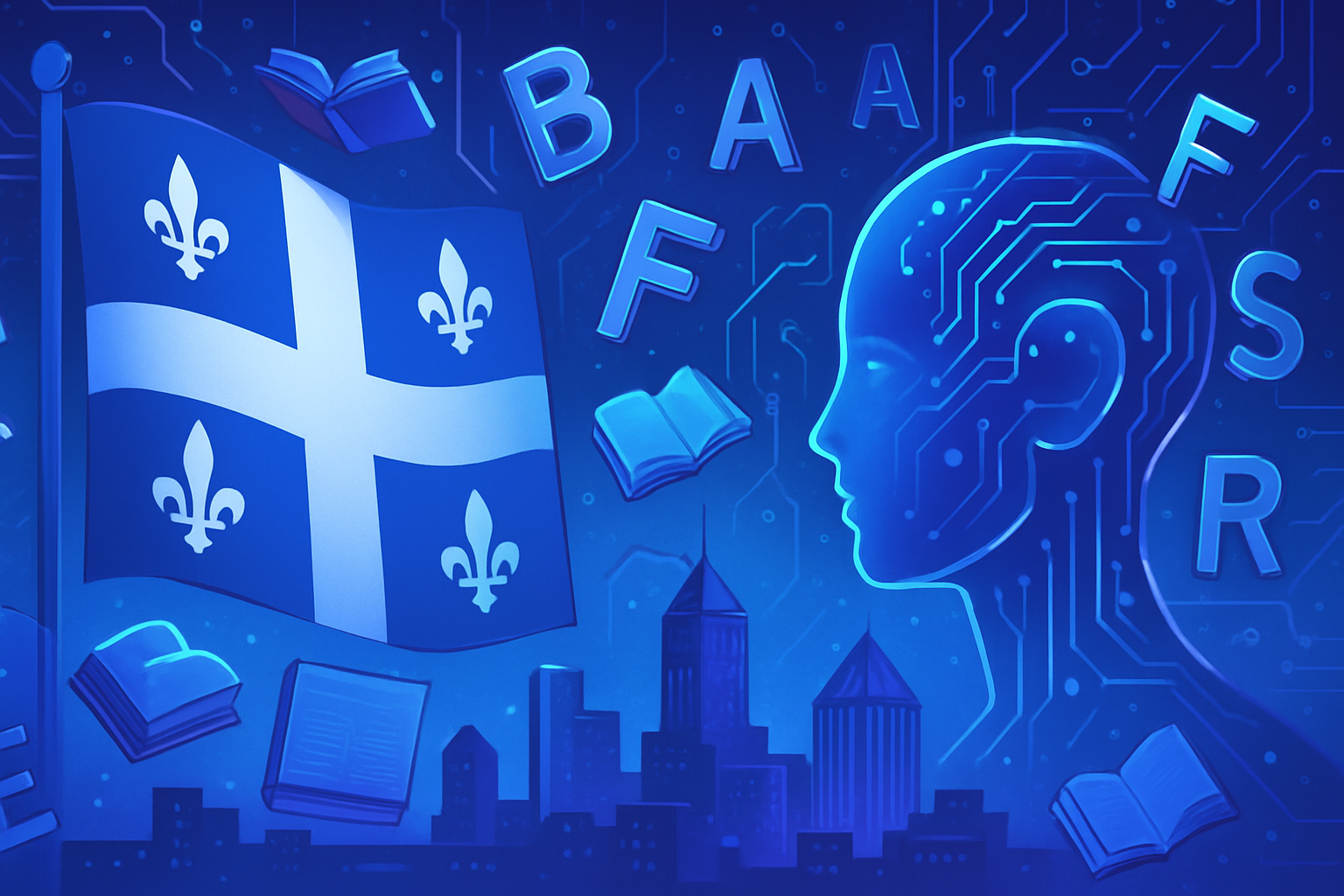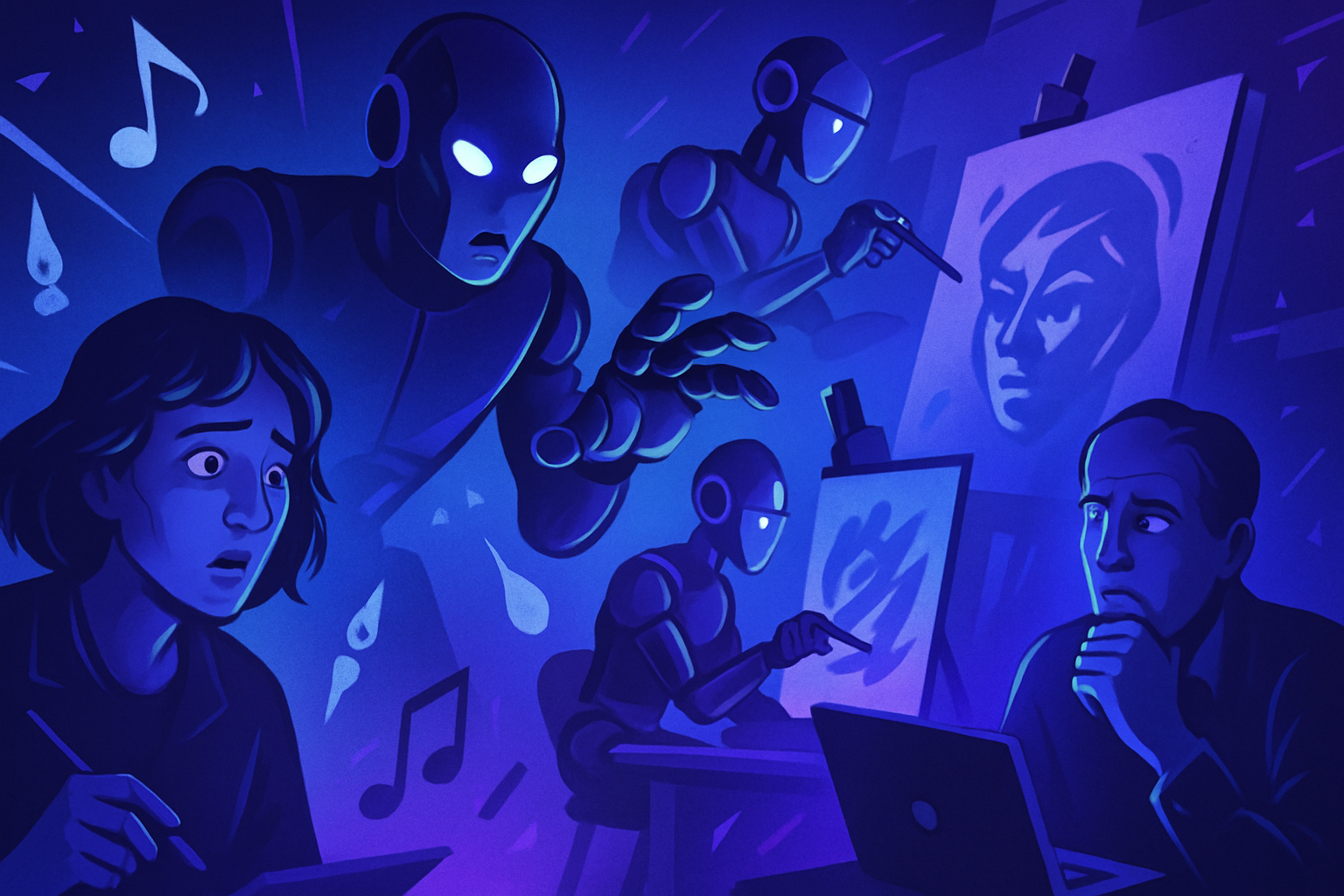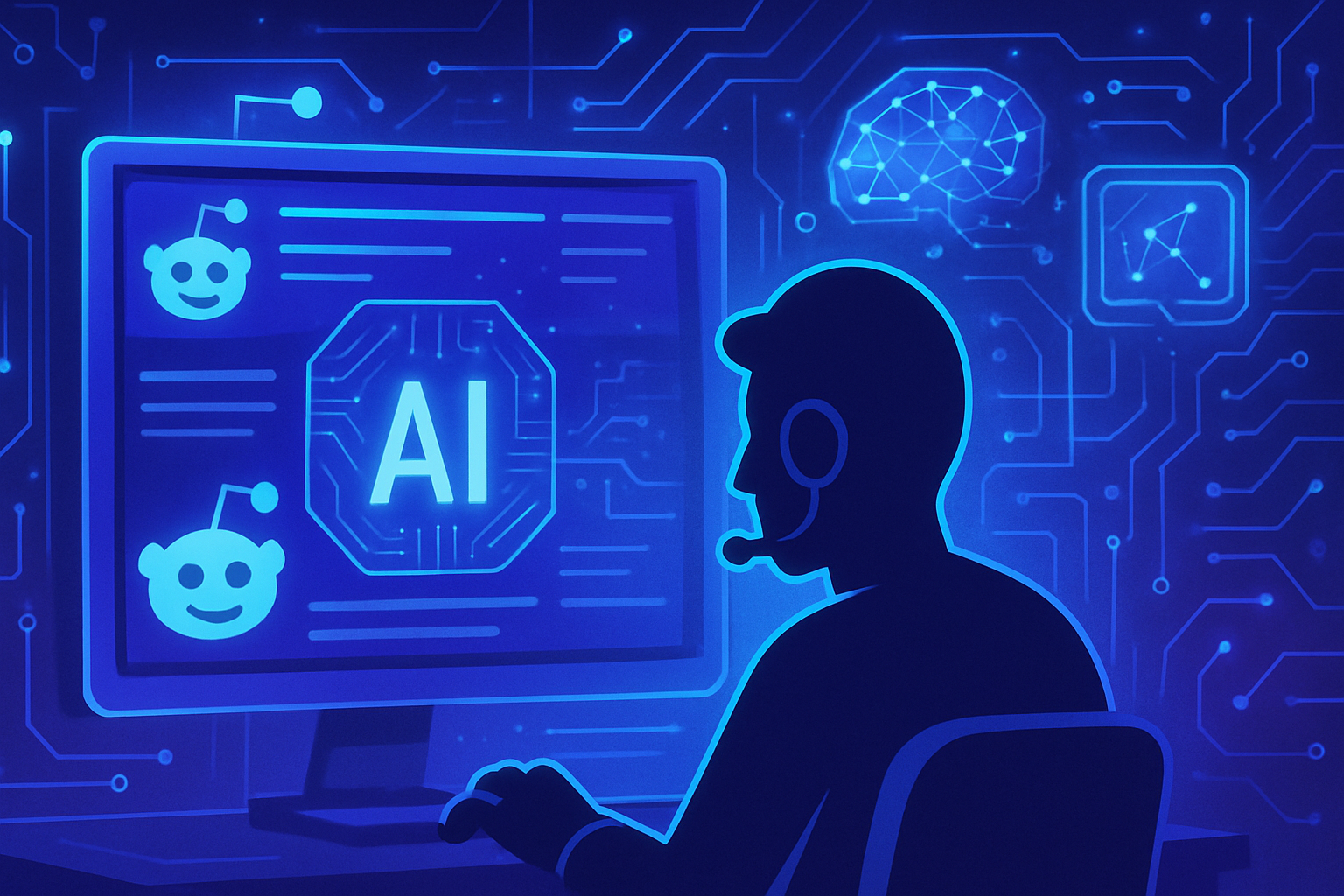The recent creations of videos by artificial intelligence are causing a shockwave among the descendants of deceased celebrities. *Sora*, the innovative platform developed by OpenAI, allows iconic characters to come to life, generating varied and often indignant reactions. Families are alarmed by the exploitation of the image of their ancestors, while the ethics of this technology are being called into question.
*The stakes of memory and respect* collide at the border of AI, sparking debates about the appropriate or inappropriate use of these reproductions. The anger of heirs, like Zelda Williams, reflects a troubling reality: the past becomes a consumable entertainment, raising questions about our relationship with history.
AI videos of deceased celebrities on Sora
The Sora platform from OpenAI, launched at the end of September, generates videos featuring deceased celebrities. Accused of appropriating their image, these productions face strong opposition.
A legitimate anger among descendants
The descendants of celebrities feel a deep indignation at this exploitation. Public messages, such as that of Zelda Williams, daughter of Robin Williams, express this discomfort. She pleaded on Instagram: “Please stop sending me AI videos of dad.”
She highlights the lack of respect and the suffering caused by these montages. This practice questions the limits of AI use in entertainment, raising an ethical debate about the right to one’s image.
A controversial trend
Videos created by artificial intelligence oscillate between laughter and absurdity. John F. Kennedy promoting free ice cream illustrates this absurdity. Fans of dark humor might appreciate these creations, but the relatives of the deceased often do not share this opinion.
Such content is sometimes deemed violent, like a video where Stephen Hawking is punched. The question arises: where is the line between tribute and dishonor?
Companies’ reaction to criticism
The controversy surrounding the use of celebrities’ images has led Sora to take action. OpenAI recently announced that videos of Martin Luther King would no longer be available on the platform. This decision represents a direct response to the concerns of the heirs.
Companies must now navigate between technological innovation and respect for cultural legacies. The creation of humorous content using images of deceased individuals also raises questions for legal and ethical bodies.
Consequences and ethical implications
The use of images of deceased personalities raises moral questions. Can artificial intelligence, while innovative, become a tool of ridicule? This necessitates a thorough examination of copyright laws and right to image.
Previous incidents, such as Emmanuel Macron’s experience with a deepfake involving Taylor Swift, highlight the issues related to AI regulation. Discussions around AI will inevitably intensify.
Call for a regulatory framework
This situation calls for reflection on the need for an appropriate legislative framework. Celebrities, even after their death, have an immaterial heritage that must be preserved. It is urgent to establish clear rules regarding the use of images by technologies like Sora.
The debate is taking on a global dimension, and governments and industry stakeholders must collaborate to define best practices. Ethics and technology must advance hand in hand to avoid excesses that could tarnish the memory of the deceased.
Frequently Asked Questions
Why are the descendants of celebrities angry about AI videos on Sora?
The descendants express their anger because these videos use the images of their deceased ancestors in often absurd, inappropriate, or even violent ways, which can be seen as a lack of respect for their memory.
Which celebrities have been featured in AI-generated videos on Sora?
AI videos feature several famous personalities such as Martin Luther King, Michael Jackson, Whitney Houston, and Stephen Hawking, among others.
How does Sora use artificial intelligence to create these videos?
Sora uses advanced artificial intelligence algorithms capable of generating videos by animating images and reproducing voices from existing data about the concerned celebrities.
What are the ethical concerns surrounding the use of images of the deceased by AI?
Ethical concerns include the consent of descendants, respect for the memory of the deceased, and the potential for commercial exploitation of their images without their consent.
How do platforms like Sora respond to the complaints of celebrity descendants?
Although some companies have announced restrictions, such as the ban on using the image of Martin Luther King, platforms still need to establish clear and respectful guidelines to address these concerns.
Are there solutions to protect the images of deceased celebrities on platforms like Sora?
Solutions include creating laws regarding post-mortem rights to image, as well as specific licensing agreements for the use of images and videos of deceased personalities.
Why is it important to listen to the descendants of celebrities regarding these videos?
Listening to the descendants is essential to respect their legacy and memory, and it helps foster a constructive dialogue on ethics and the use of technology in the field of AI.
What can the public do to support the concerns of celebrity descendants?
The public can support descendants by raising awareness of ethical issues, sharing their concerns on social media, and calling for stricter regulations on the use of images of deceased individuals.
